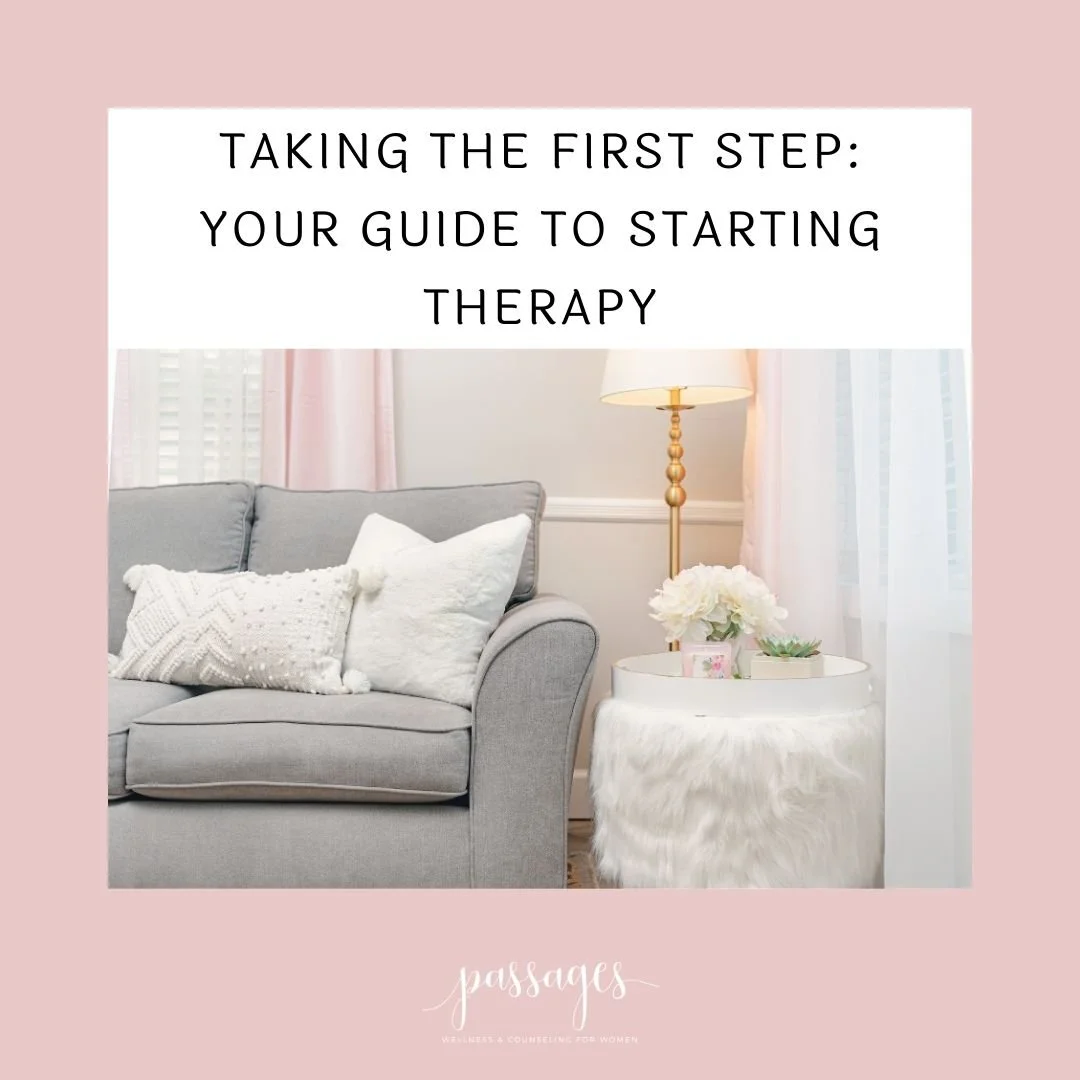Taking the First Step: Your Guide to Starting Therapy
Embarking on a therapy journey is a courageous step toward improving your mental health and well-being. Whether you're navigating a specific challenge or simply seeking personal growth, therapy offers a safe space to explore your thoughts and emotions with a trained professional. Here’s everything you need to know to get started, from preparing for your first session to understanding when you might feel "better."
1. How Do You Prepare for a Therapy Session?
Preparing for therapy is about creating the right mindset and environment for open communication. Before your first session, think about the reasons you're seeking therapy. Are you dealing with anxiety, stress, relationship issues, or personal growth challenges? Jot down a few key points you'd like to address.
It's also helpful to identify your goals for therapy. For example, do you want to develop better coping strategies, resolve conflicts, or gain clarity on a specific issue? While you don't need all the answers right away, having an idea of what you'd like to work on can guide your sessions.
Finally, allow yourself to feel nervous or unsure—these feelings are completely normal. Therapy is a process, and your therapist will help you navigate it.
2. What Kinds of Questions Do Therapists Ask?
Therapists typically ask open-ended questions to help you reflect on your thoughts, emotions, and experiences. Common questions include:
"What brings you to therapy?"
"How have you been feeling recently?"
"Can you describe a time when you felt particularly stressed or upset?"
"What does a typical day look like for you?"
"What do you hope to achieve through therapy?"
These questions aren’t meant to probe uncomfortably but to provide insight into your life and help your therapist understand your unique experiences. Don’t worry if you don’t have immediate answers – there’s no right or wrong way to respond.
3. How Do You Choose a Good Therapist?
Finding the right therapist is essential for a successful therapy experience. Start by considering the following factors:
Qualifications: Ensure the therapist is licensed and has expertise in the area you’re seeking help with (e.g., anxiety, trauma, relationships, women’s counselling).
Personal Fit: Feeling comfortable and understood by your therapist is crucial for a positive experience.
Logistics: Consider practicalities like location, cost, and availability. If you prefer online therapy, check whether they offer virtual sessions.
4. Are There Different Kinds of Therapy?
Yes, there are many types of therapy tailored to different needs. Some common approaches include:
Cognitive-Behavioral Therapy (CBT): Focuses on changing negative thought patterns and behaviors. A CBT therapist in Sayville provides personalized strategies to help individuals develop healthier thinking and coping skills.
Psychodynamic Therapy: Explores how past experiences influence present behavior.
Eye Movement Desensitization and Reprocessing (EMDR): Helps people heal from emotional distress and trauma.
Dialectical Behavior Therapy (DBT): Helps regulate emotions and improve interpersonal relationships.
Trauma-Focused Therapy: Addresses the impact of past trauma on mental health.
Your therapist can help determine which approach is best suited to your situation.
5. How Long Do I Need to Go to Therapy?
The duration of therapy varies depending on your goals, the complexity of the issues you’re addressing, and your personal progress. Some people benefit from short-term therapy (6-12 sessions), while others find long-term therapy helpful for ongoing support and self-discovery.
Your therapist will work with you to set milestones and evaluate your progress. Therapy isn’t a one-size-fits-all process – it’s tailored to your unique needs.
6. How Do I Know When I’m "Better"?
“Better” is subjective and often depends on your initial goals for therapy. You might feel “better” when you notice improvements such as:
Feeling more confident and resilient in handling challenges.
Reduced symptoms of anxiety, depression, or stress.
Improved relationships and communication skills.
Greater self-awareness and emotional regulation.
Your therapist can help you recognize these changes and decide when it’s time to conclude therapy. Remember, therapy is a tool you can return to whenever you need it.
Starting therapy is a powerful step toward self-improvement. By understanding how to prepare, what to expect, and how to evaluate progress, you’ll be better equipped to make the most of your journey. Passages offers compassionate support, including individual therapy, depression therapy, and anxiety therapy in Sayville and Setauket. Reach out to us for the resources you need to begin your journey.

